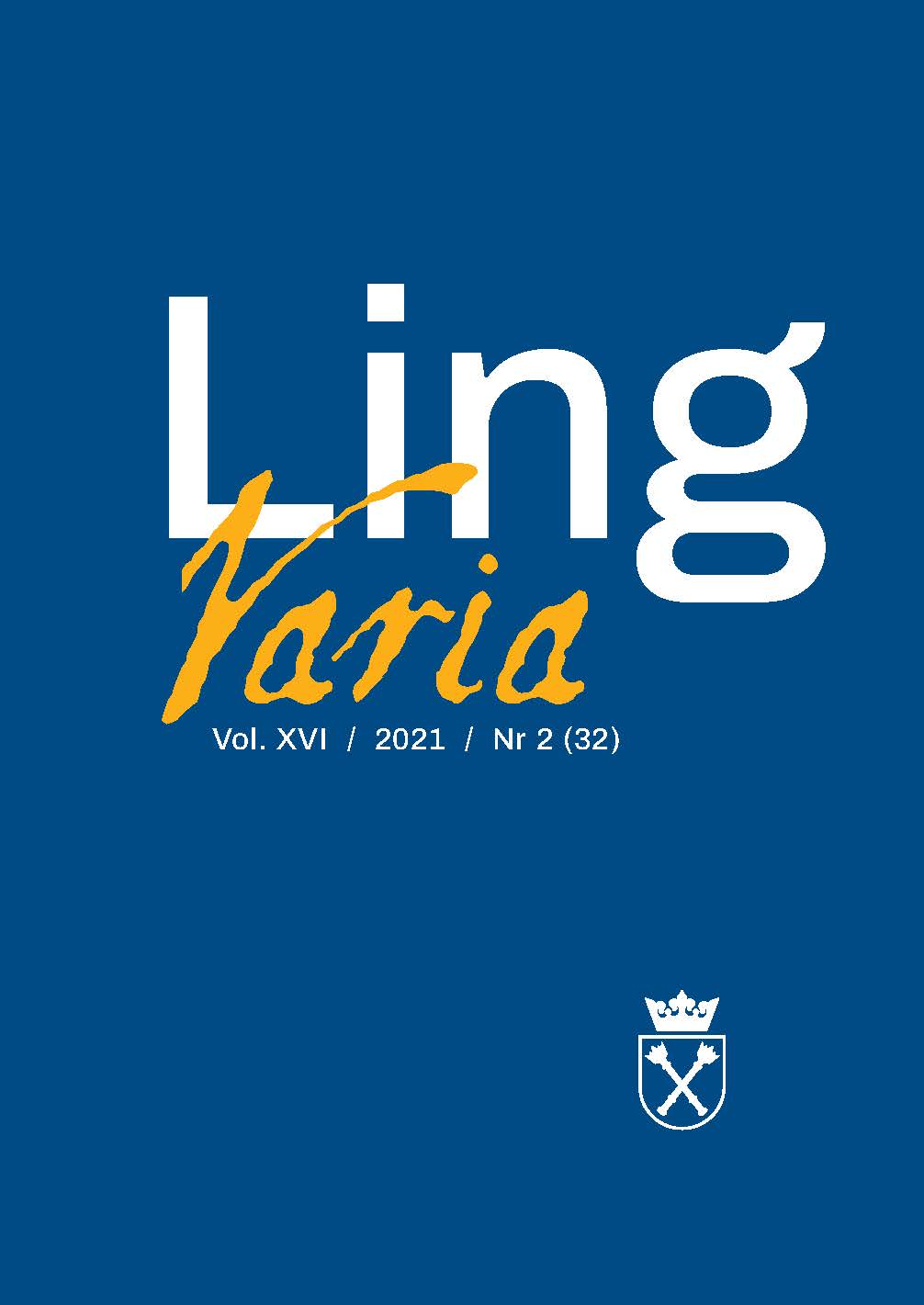Wielojęzyczność w literaturze dokumentu osobistego: funkcje wykładników transkodowych
Multilingualism in the Literature of Personal Document: Functions of Transcode Markers
Author(s): Elżbieta SękowskaSubject(s): Language and Literature Studies, Literary Texts, Fiction, Studies of Literature, Novel, Short Story, Polish Literature
Published by: KSIĘGARNIA AKADEMICKA Sp. z o.o.
Keywords: literature of personal document;diary;Gustaw Herling-Grudziński;Jan Lechoń;transcode markers
Summary/Abstract: The article is dedicated to semantic functions of transcode markers in Polish émigré literature. Two diaries, written respectively by Gustaw Herling-Grudziński and Jan Lechoń, constitute the exemplification material. The diary genre, similarly to letters and memoirs, lends itself to introducing this kind of markers. Their presence reflects the multilingual competence of the author, as well as his mental, social, and psychological experience. The second language enables broadening the referential space of the first language and conveying emotions. The strategy of code switching depends on the motivation and goal of writing a given text. In Herling-Grudziński’s Journal Written by Night, foreign words from different languages abound. They fulfill several functions in the text, namely: metalinguistic, index and stylistic function. Their presence is justified by the content and by the role adopted by the author – the one of an interpreter of the political and social reality. The Diary by Lechoń is different in terms of types of predominant functions which can be distinguished in his text. Besides commenting on the émigré life, the author focuses on his emotions and experiences. Therefore, index and metalinguistic functions turn out to be the most important. Pointing out different strategies of introducing transcode markers in a text by its author is fundamental for the research on bilingualism in émigré writing.
Journal: LingVaria
- Issue Year: 2021
- Issue No: 32
- Page Range: 301-316
- Page Count: 16
- Language: Polish

